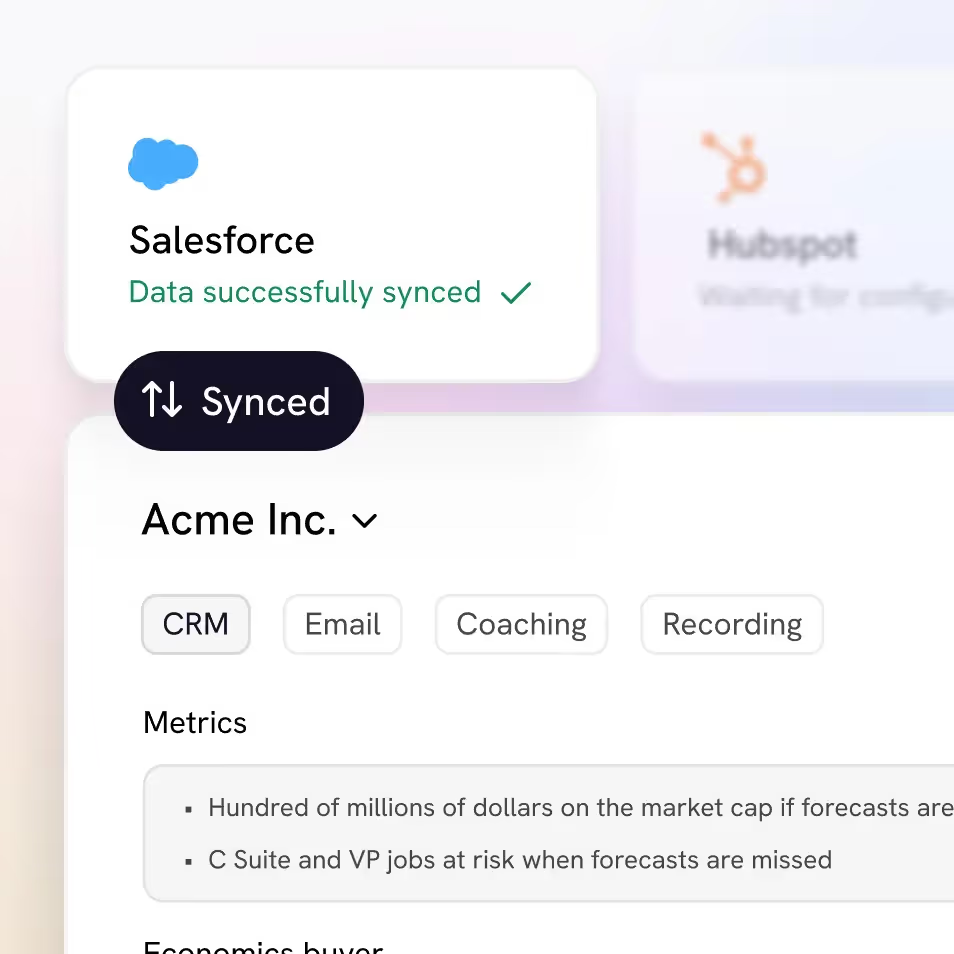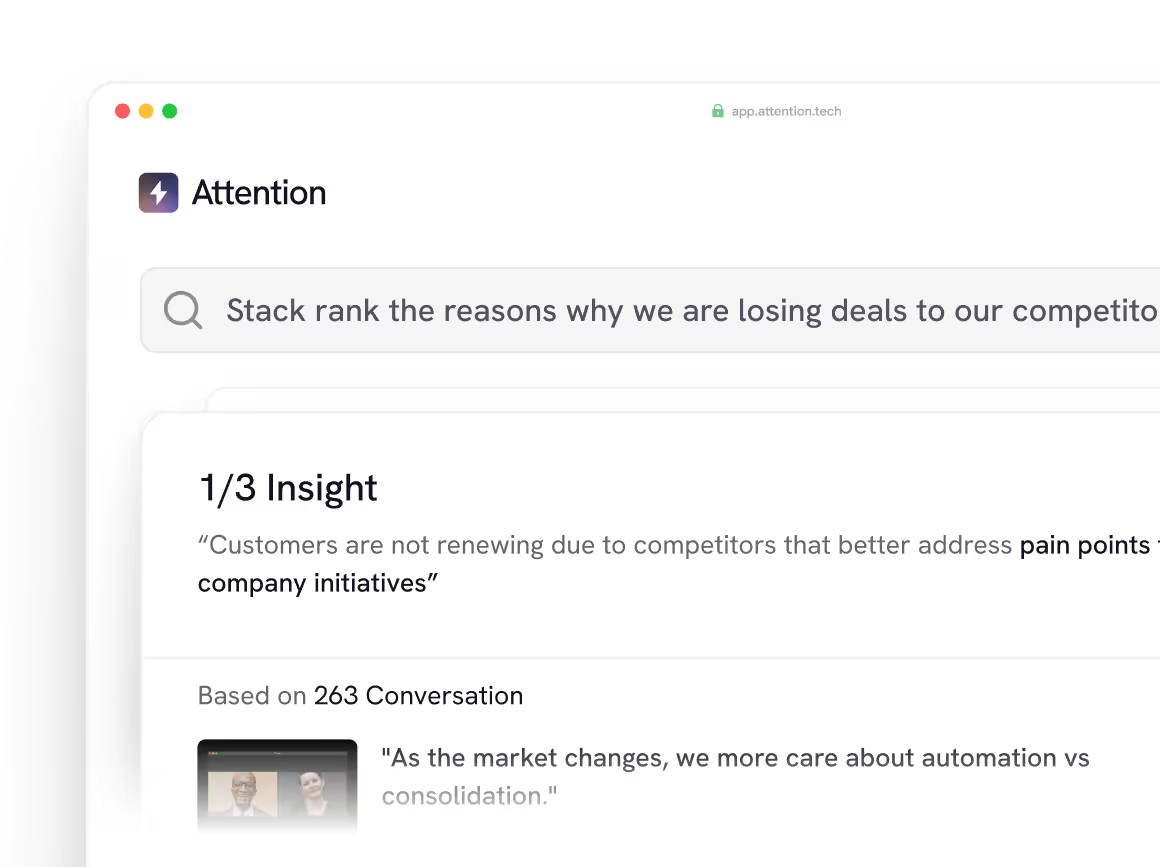What is a Role in Salesforce?
Salesforce is a cloud-based customer relationship management (CRM) platform widely used across many businesses to help manage and streamline customer relationships. One of the key components of Salesforce is the role-based system of user access management, which is designed to provide access to different areas of the system based on a user’s role. In this article, we’ll explore what a role is in Salesforce and how it affects user access and security.
What Is a Role in Salesforce?
A role in Salesforce is a way to define a set of permissions that are assigned to a user. Roles are used to determine which records a user can access, as well as which fields they can view, edit, and delete. Roles give administrators the ability to control user access and ensure that sensitive information is only available to the appropriate users.
For example, when a Salesforce user creates a new account, they can assign a role to the account. This role will determine the access and permissions the user will have for that account. For instance, a user with the “Sales Representative” role will have access to view and edit the account information, while a user with the “Account Manager” role will have access to view and edit the account information as well as additional features such as creating reports and managing customer relationships.
Roles are also hierarchical, which means that a user with a higher-level role will have access to more features and information than a user with a lower-level role. For example, a user with the “System Administrator” role will have access to all features and information, while a user with the “Standard User” role will only have access to a limited set of features and information.
How Are Roles Used in Salesforce?
Roles are used in Salesforce to control user access and ensure that sensitive information is only available to the appropriate users. For example, a company may want to restrict access to certain fields or records based on a user’s role. This way, only users with the appropriate role can view and edit the information.
Roles can also be used to control user access to features such as reports, dashboards, and other custom objects. This allows administrators to limit access to certain features based on a user’s role. For instance, an administrator may want to restrict access to certain reports to only users with the “System Administrator” role.
Roles are also used to assign profiles to users. Profiles are used to control which features a user can access and which records they can view and edit. For example, a user with the “Sales Representative” profile may only be able to view and edit the accounts they are assigned to, while a user with the “Account Manager” profile may have access to all accounts.
How Do You Create a Role in Salesforce?
Creating a role in Salesforce is easy and can be done in a few steps. First, log into Salesforce and select “Setup” from the top right corner. This will open the Salesforce Setup menu. Next, select “Manage Users” and then “Roles” from the left-hand menu. On the next page, click “New Role”. This will open the “New Role” page, where you can enter the role name, description, and assign the appropriate permissions.
Once you have created the role, you can assign it to a user by selecting the “Assign” button. This will open the “Assign Role” page, where you can select the user and the role you want to assign them to. Once you have assigned the role to the user, you can save the changes. The user will now have access to the appropriate records and features based on the permissions of the role.
Conclusion
Roles in Salesforce are an important part of user access management, as they allow administrators to control which records and features a user can access. Roles are hierarchical, so users with higher-level roles will have access to more features and information than users with lower-level roles. Additionally, roles can be assigned to users to control which features they can access and which records they can view and edit. By understanding the role-based system of user access management, administrators can ensure that sensitive information is only available to the appropriate users.
About Attention
Attention is your real-time, fully integrated AI voice assistant for sales.
With our state-of-the-art AI capabilities, Attention understands your conversations and fills up your CRM fields with one click.
Attention will also understand conversations and draft the best follow-up email customized to what was said during your calls.
Supercharge your go-to-market and turn your horse into a rocket. Welcome to the future of Sales!

Accurate deal data
Attention's Al uses prompts custom to your sales approach to extract valuable call data, synthesize it at the deal level and sync it with your CRM fields.
Performance analytics
Create bespoke scorecards and have our Al grade every call. Keep track of every rep's performance, compare them with the rest of the team and get your coaching priorities straight.
Real-time sales coaching
Attention guides your sales reps on every call using your sales methodology templates, Al powered battle cards, and live talk tracks.
Generalized insights
Extract aggregate insights about your customers, reps, competitors, or any other topics covered in your calls. Gain the insights that matter to continuously improve your GTM playbook.
Get started now
All you need to know about your customers
Integrated with
100+ tools






















The only sales Al custom built for your team
Attention analyses your customer interactions to uncover custom deal-level insights, rep performance patterns and market intelligence unique to your team, business model and sales methodology.
Customized insights
We program our AI to understand your unique business goals and processes. A bespoke build plus open-ended prompts means you leave each call with truly actionable insights and none of the noise.
Automated call scoring
Managers are too busy to listen to tons of calls each week to stay on top of rep performance. In seconds, you can have all the right elements to improve rep performance.

Ready to learn more?
Attention's AI-native platform is trusted by the world's leading revenue organizations